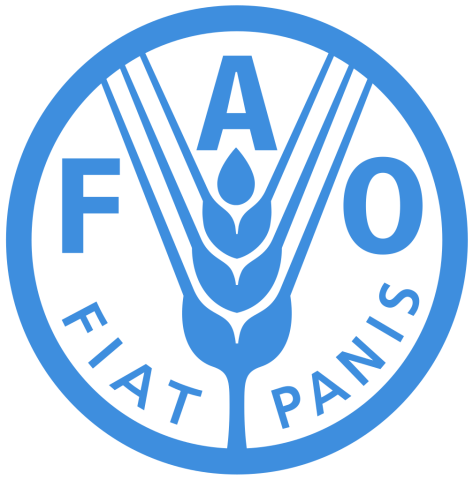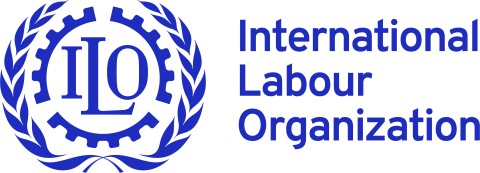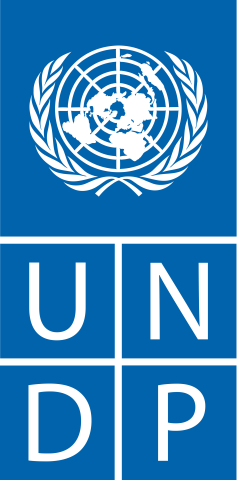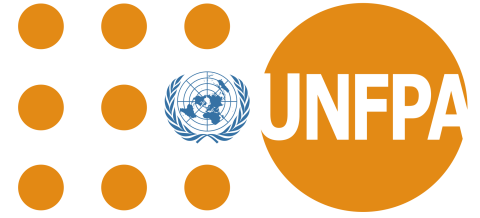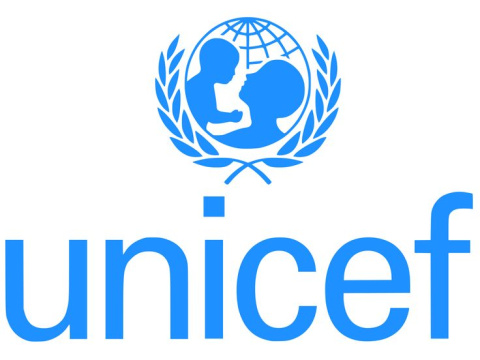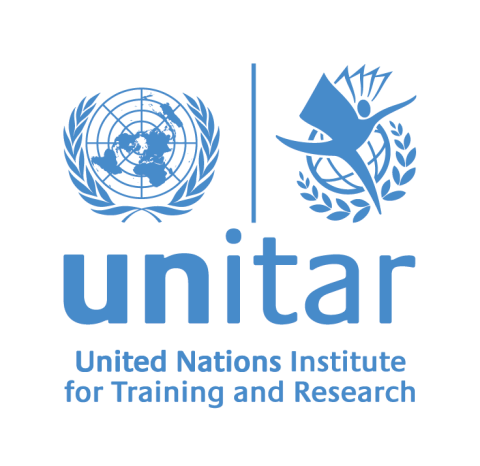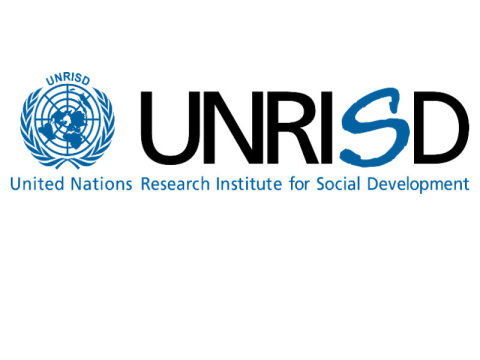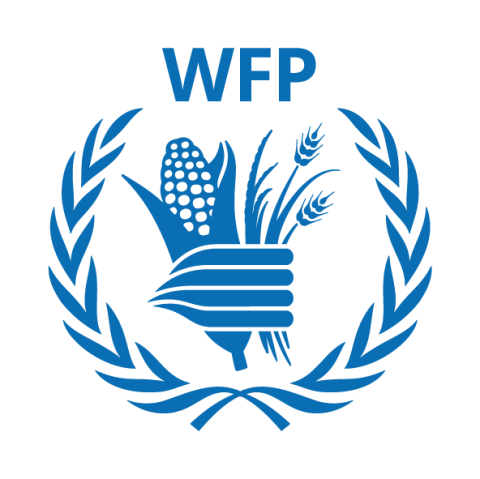
面包屑
- 此页面是使用机器翻译翻译的。 阅读全文.
研究与分类
世卫组织的科学专家制定了与卫生相关的研究的全球议程。他们确定知识空白和新出现的令人担忧的领域。世卫组织收集和整合研究结果,为世界各国政府和医务人员提供救命信息。自成立以来,该组织一直致力于识别和分类疾病——这是所有研究活动的起点,从而可以收集某些健康状况的统计数据。这些知识使世卫组织能够就疾病的预防和治疗提出建议。
此外,联合国还资助医学研究,以增进知识并找到对抗疾病的解决方案。“热带疾病研究和培训特别计划”(总部设在日内瓦)就是这样一个例子。它主要关注与贫困有关的疾病。通过该计划,联合国赞助研究活动并帮助找到有效的解决方案,例如,打破受影响国家的感染链。
控制疾病爆发
联合国在抗击传染病方面取得了一些显著成就,这是任何国家都无法独自实现的。世卫组织和联合国儿童基金会共同为全球 45% 的儿童提供疫苗,每年挽救了 300 万人的生命。通过无与伦比的疫苗接种运动,联合国已经根除或即将根除多种疾病:天花于 1979 年被根除,而脊髓灰质炎虽然仍然存在,但发病率已下降了 99%。
联合国系统应对新出现的疾病或感染率上升。1996 年,联合国艾滋病规划署成立,旨在应对肆虐的艾滋病毒大流行。该组织致力于通过宣传活动减少新感染人数。它游说全球获得治疗,并进一步研究以改善预防和治疗方案,甚至可能治愈。最后,联合国艾滋病规划署还发起运动,以结束对艾滋病毒感染者或艾滋病患者的歧视。
2014年,联合国首次派遣紧急卫生特派团:来自联合国不同实体的医疗和技术人员前往西非应对致命的埃博拉疫情——这种资源密集、快速、灵活和跨实体的方式有助于控制这种传染性极强的疾病。
世卫组织通过其全球网络监测疾病传播,并向各国发出病毒或细菌传播加剧的警报。例如,世卫组织于 2020 年 1 月宣布冠状病毒病为国际关注的突发公共卫生事件,并于 2020 年 3 月宣布为大流行。这一预警机制促使各国政府投入财政和技术资源来应对疫情。在这种情况下,世卫组织还向政府和公民发布医疗保健咨询。
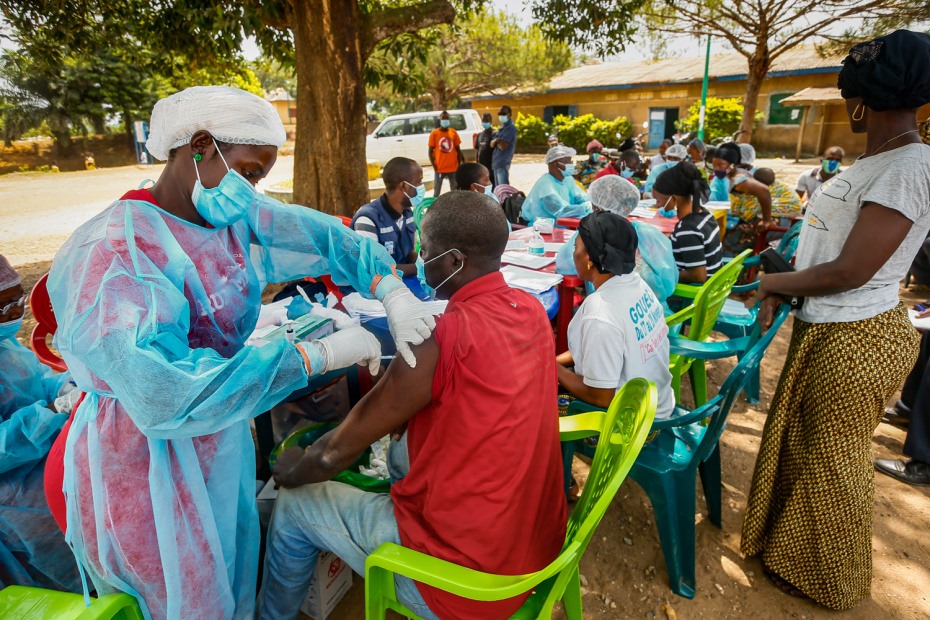
政府支持
全民医疗保健
目前,至少有一半的世界人口无法获得他们所需的医疗服务。联合国以多种方式支持各国政府,使其能够为公民提供更好的服务。在大多数国家,全民健康覆盖,即人人都能获得医疗服务并建立医疗服务融资系统,是一个尚未实现的目标。联合国协助正在转向公共医疗体系的国家。世卫组织培训公务员如何为全民健康覆盖提供资金,并协助各国政府制定必要的政策。联合国实体还帮助确定每个国家的医疗保健需求,并就医疗设备和用品提供建议。
平等获得救命药品
联合国呼吁全球实现平等的医疗服务。在新冠疫情最严重时期,联合国敦促工业化国家向其他国家捐赠疫苗。世卫组织协调了疫苗的分发,联合国儿童基金会在疫苗的运送中发挥了重要作用。
截至2022 年 5 月,全球已接种超过 110 亿剂疫苗,其中超过 15 亿剂是通过联合国新冠疫苗接种计划 (COVAX) 运送的。
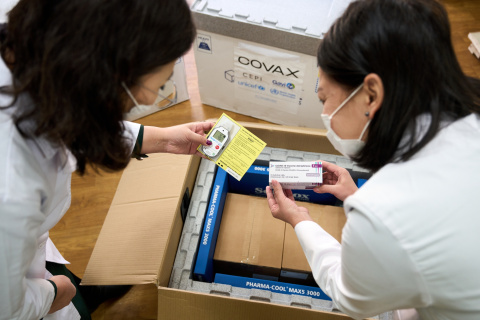
紧急响应
紧急情况,无论是自然灾害还是冲突和战争的爆发,都会带来伤害和疾病,并给国家医疗保健系统带来压力。两件事结合在一起:医院和诊所可能被摧毁或不再可用,而医疗保健需求却急剧上升。联合国的应急系统在有需要的国家发出邀请后开始运转。世卫组织领导卫生部门,协调联合国机构和非政府组织评估医疗需求并提供医疗保健。
身体健康
联合国坚信,健康不仅仅意味着没有疾病。它被定义为“身体、精神和社会完全健康的状态”。许多(如果不是全部)联合国实体都在努力实现这种整体健康状态。
联合国人居署和联合国环境规划署合作,为绿色城市的人们创造更好的生活,减少空气污染,提供清洁水源,加强废物管理,并让更多人享有自然空间。总部设在日内瓦的国际劳工组织致力于保障工人的权利,例如休闲和休养的权利,或在安全的工作环境中工作的权利。
联合国人口基金致力于性健康和生殖健康,而联合国儿童基金会则致力于儿童及其父母的福祉。该组织的影响力从产房延伸到营养不良儿童的营养计划,或保护面临身体或精神虐待危险的儿童的系统。儿童基金会在产房提供助产工具包,并设立婴儿友好型医院,让儿童从第一天开始就能进行母乳喂养。
联合国难民署负责照顾逃离家园的人们的所有需求,包括医疗和心理护理。 粮农组织、 联合国开发计划署和世界粮食计划署致力于提供健康食品,帮助世界各地建立可持续的农业技术或提供健康营养习惯建议。
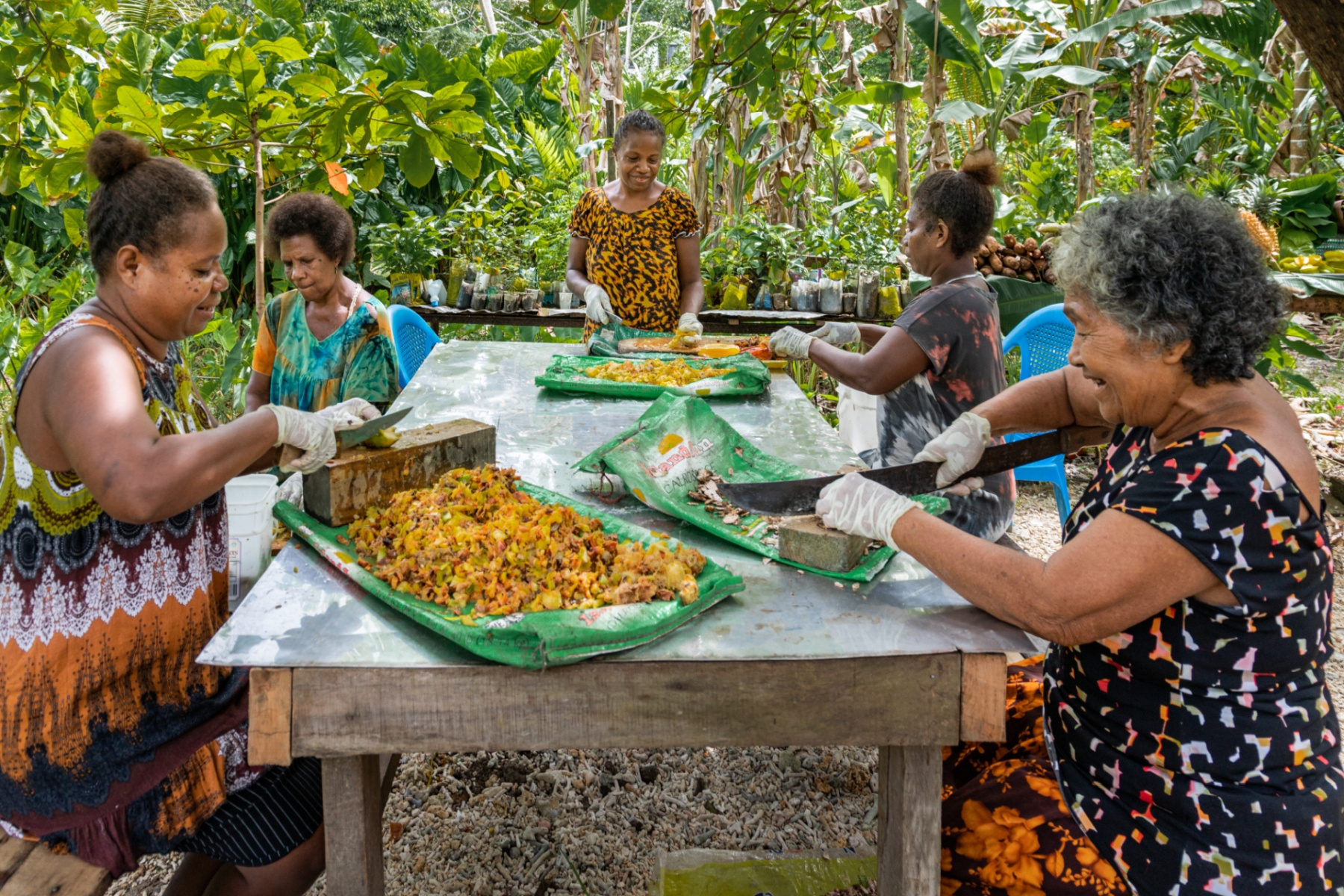
致力于健康问题的组织
作为可持续发展目标的一部分,联合国艾滋病规划署正在领导全球努力,到 2030 年消除艾滋病这一公共卫生威胁。
自 35 多年前报告第一例艾滋病毒病例以来,已有 7800 万人感染了艾滋病毒,3500 万人死于与艾滋病相关的疾病。自 1996 年开始运作以来,联合国艾滋病规划署领导并激发了全球、区域、国家和地方的领导力、创新和伙伴关系,最终使艾滋病毒成为历史。
联合国艾滋病规划署是一个问题解决者。它将艾滋病毒感染者和受病毒影响的人置于决策桌上,并置于设计、实施和监测艾滋病应对措施的中心。它为各国和社区走上结束艾滋病的快速通道指明了道路,并且大胆倡导消除艾滋病应对的法律和政策障碍。
联合国艾滋病规划署提 [...]
联合国开发计划署是致力于结束贫困、不平等和气候变化的不公正现象的领先联合国组织。该机构与 170 个国家/地区的广泛专家和合作伙伴网络合作,帮助各国为人类和地球构建综合、持久的解决方案。
UNDP 日内瓦办事处是 UNDP 日内瓦和总部设在日内瓦的组织的平台,也是与法国和瑞士政府的主要联络点。自 2014 年 10 月以来,联合国开发计划署日内瓦办事处作为综合伙伴关系办公室,跨方案和代表职能开展工作。它确定、建立和发展开发署的机构能力,以加强广泛合作伙伴之间的战略伙伴关系,主要是与方案国和捐助国、联合国系统、非政府组织和民间社会组织、私营部门、政府间组织、国际金融机构、区域银行 [...]
联合国欧洲经济委员会 (UNECE) 由 ECOSOC 于 1947 年成立。它是联合国五个区域委员会之一。其主要目标是促进泛欧经济一体化。
联合国毒品和犯罪问题办公室 (UNODC) 的使命是让世界更加安全,远离毒品、有组织犯罪、腐败和恐怖主义。本组织致力于通过应对这些威胁并促进和平与可持续福祉来遏制这些威胁,从而实现人人享有健康、安全和正义。
毒品和犯罪问题办公室在日内瓦的联络官促进了毒品和犯罪问题办公室与世界卫生组织合作,努力制定全面、整体和综合的减少毒品需求的方法。
UNRISD 是联合国系统内的一个自治研究机构,对当代发展问题的社会层面进行跨学科研究和政策分析。 UNRISD 与来自发达国家和发展中国家的学术、政策、从业者和活动家社区的广泛合作伙伴网络合作,旨在将社会公平、包容和正义置于发展思想、政策和实践的中心。

